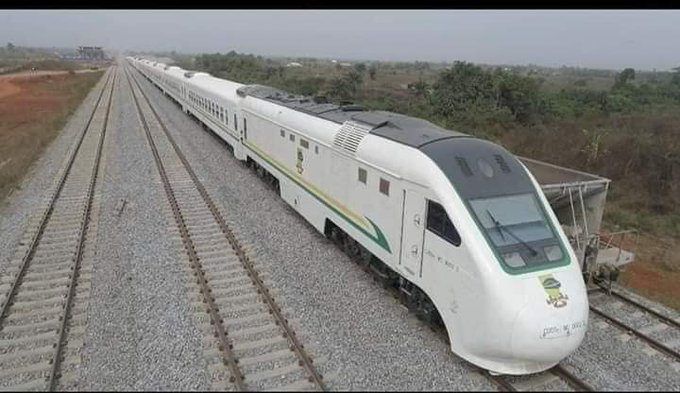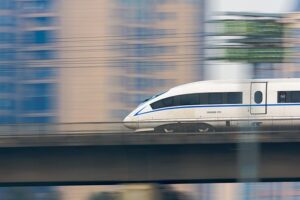According to a recent report by railway technology, the Nigerian Federal Ministry of Transportation has given a $3 billion contract for the expansion of the country’s Eastern Railway, which will link Port Harcourt in the south with Maiduguri in the north. The contract comprises the restoration and renovation of the railway network between Port Harcourt and Maiduguri in northern Nigeria.
This eastern railway network connects various key cities in Nigeria’s eastern area, passing through 12 states.
The project will include the building of additional branch tracks in addition to the growth of the current eastern railway.
Nigerian Transport Minister Rotimi Amaechi signed a $1.8 billion contract with Portuguese construction company Mota-Engil in February for the building of a 283-kilometer line connecting Kano, Nigeria, and Maradi, Niger.
This is one of several multibillion-dollar rail projects now underway in Nigeria as the country seeks to update its transportation infrastructure in order to support industrial development and commercial activity.
China Railway Construction Corporation’s subsidiary China Civil Engineering Construction Corporation was granted the contract for the Eastern Railway line connecting Port Harcourt and Maiduguri.
The project, according to China Railway Construction Corporation, will speed up Nigeria’s industrialization and urbanization by boosting resource development and employment along with the network.
In his presentation, Nigerian President Muhammadu Buhari stated that the Port-Harcourt-Maiduguri Eastern narrow gauge rail line will help improve goods transshipment in the West African sub-region and the Continental Free Trade Area. The President made the announcement during a groundbreaking ceremony in Port-Harcourt, the state capital of Rivers, for the reconstruction and rehabilitation of the 2,044-kilometer narrow gauge.
Other Nigerian cities served by the rail line include Danbatta, Kazaure, Daura, Mashi, Katsina, and Jibiya.
The reconstructed 2,044-kilometer railway network will be coupled with standard gauge trains, as well as linkages to ports and major cities, once completed. The Eastern railway network is supposed to support industrial development and commercial activity by having five horizontal and three vertical railways.
The train project is designed to enhance regional trade and help Nigeria establish itself with a good rail network in West Africa.











